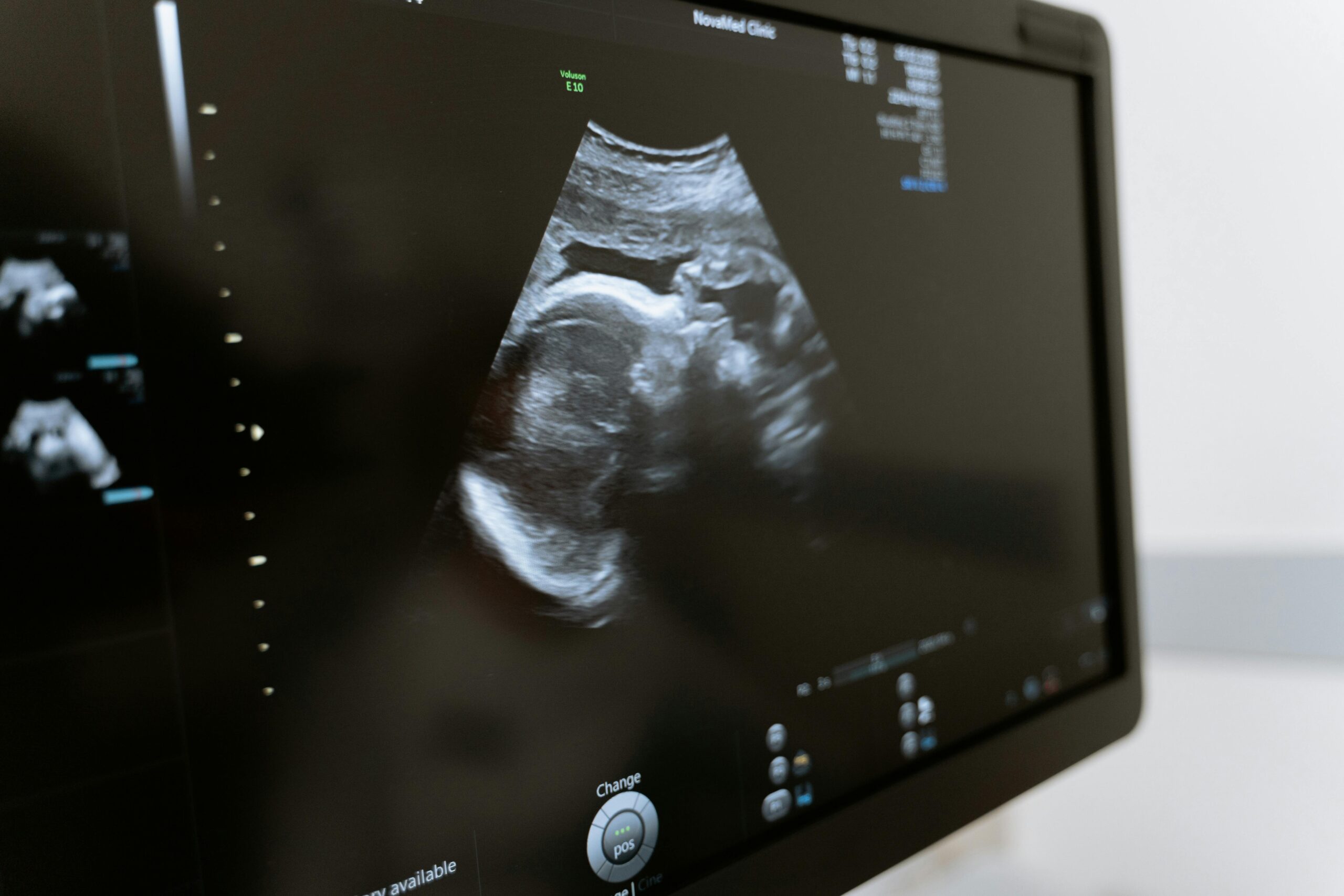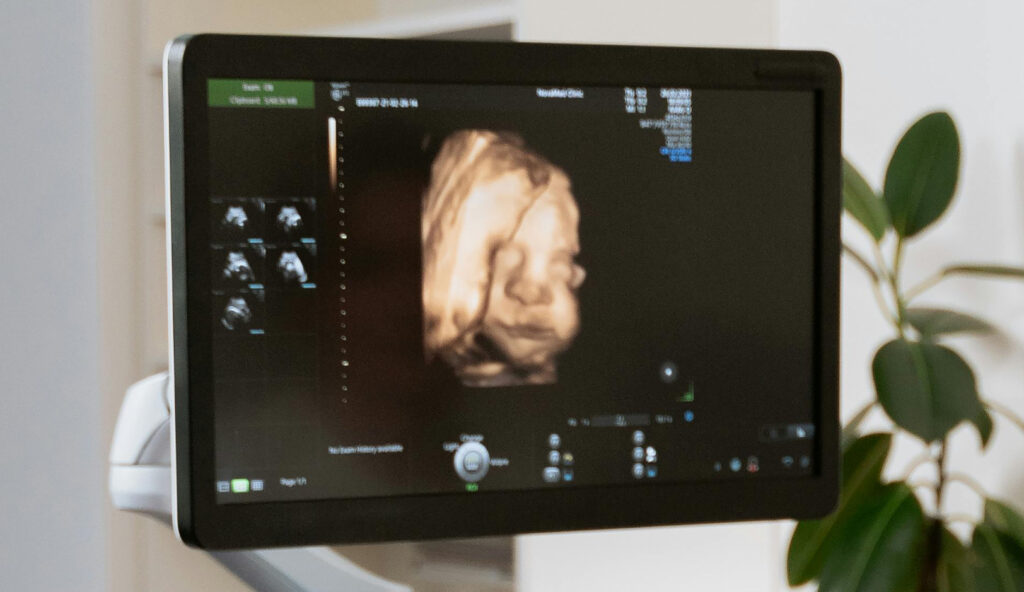
What is a Tiffa.
What is a TIFFA Scan
In recent years, advancements in prenatal imaging have transformed the way healthcare professionals assess the development of a fetus in the womb. One such significant advancement is the TIFFA , which stands for Targeted Imaging for Fetal Anomaly. we will explore what a TIFFA is, its purpose, and its benefits for expectant parents and healthcare providers. What is a Tiffa. ?
Between the 18th and 22nd week of pregnancy, a TIFFA an intricate ultrasound examination is conducted. Its purpose is to assess the fetal anatomy and detect any possible irregularities or developmental concerns.

A TIFFA scan is a detailed ultrasound performed between 18 and 22 weeks of gestation.
Purpose of a TIFFA
The primary purpose of a TIFFA is to screen for congenital anomalies and ensure that the fetus is developing properly. Key objectives include:
- Identifying Birth Defects.
- Assessing Fetal Growth.
- Evaluating Placental Health.
- Providing Reassurance.
The TIFFA Procedure
The TIFFA typically follows these steps:
- Preparation.
- Conducting the Scan.
- Detailed Analysis.
- Consultation with the Doctor.
Benefits of a TIFFA
- Early Detection.
- Informed Decision-Making.
- Enhanced Monitoring.
- Peace of Mind.
Conclusion
As a vital element of contemporary prenatal care, the TIFFA offers crucial insights into the fetus’s health and development. I Expectant parents should discuss with their healthcare providers the benefits of , as it is essential for ensuring a healthy pregnancy and delivery.
Frequently Asked Questions about TIFFA .
Q1: What is a Tiffa. ?
This non-invasive procedure offers expectant parents a comprehensive view of their baby’s well-being, providing valuable insights into various aspects of the fetal anatomy. By utilizing high-frequency sound waves, the TIFFA scan captures detailed images of the baby’s organs, limbs, and other structures within the womb. With its ability to provide precise visualizations, this advanced ultrasound technique plays a crucial role in ensuring the optimal health and development of the unborn child.
Q3: What are the benefits of a TIFFA ?
The benefits of a TIFFA scan include early detection and diagnosis of fetal abnormalities, allowing for appropriate medical interventions or preparations. It provides reassurance to expecting parents and helps in making informed decisions regarding the pregnancy.
Q4: Are there any risks or limitations associated with a TIFFA ?
TIFFA scans are considered safe and non-invasive, with no known risks to the mother or baby. It’s important to discuss any concerns with your healthcare provider. At Prithvi scan centre.



